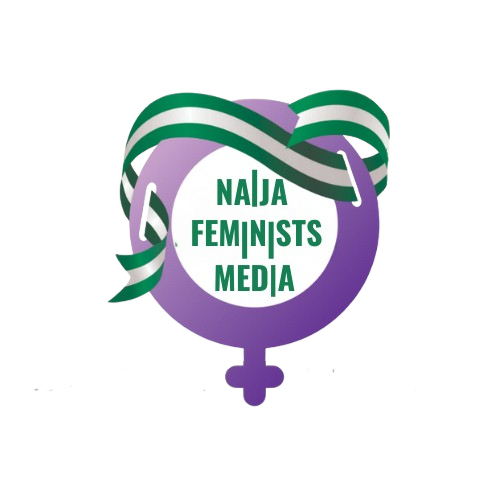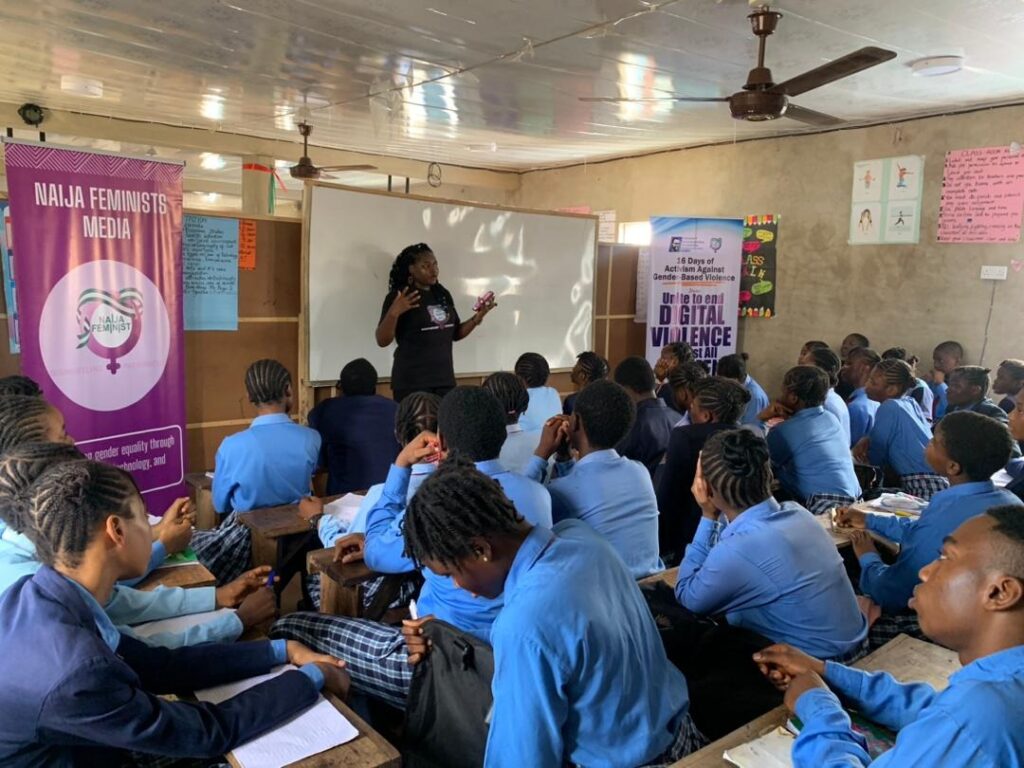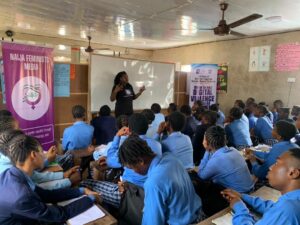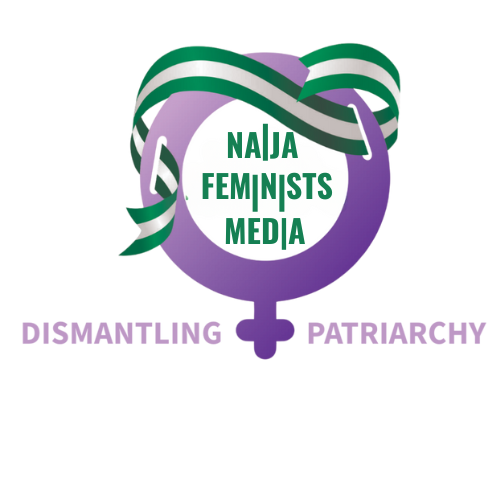Summary
As the 16 Days of Activism starts today, Naija Feminists Media joins the global campaign to end digital violence against women and girls through innovative approaches. Throughout the campaign, NFM will engage in a series of activities, including publishing investigative reports on various angles related to femicide worldwide to enhance public understanding, training students on safe online behaviour, and monitoring and amplifying nationwide advocacy efforts.
Today is November 25, the International Day for the Elimination of Violence Against Women, and #16DaysofActivism starts today. Across the world, people will spend the next 16 days insisting that violence against women and girls is not normal, not cultural, not inevitable, and not something to quietly endure. The campaign ends on December 10, Human Rights Day, a deliberate reminder that safety is a right, not a favour. Since 1991, the campaign has forced uncomfortable conversations, exposed state failures, and demanded more from institutions that prefer silence. It continues because the violence continues.
This year’s theme, “UNiTE to End Digital Violence against All Women and Girls,” shifts attention to the place where many of us now live: the internet. Digital platforms are no longer extracurricular. They are classrooms, workplaces, dating spaces, political spaces, religious spaces, and social communities. Yet women and girls enter these spaces knowing they might be mocked, sexualised, threatened, surveilled, blackmailed, or driven offline. Abusers do not need physical proximity anymore. All they need is a phone, data, and cruelty. Teens in Lagos talk about Instagram harassment. Journalists receive coordinated attacks for reporting on inequality. Women who speak publicly on X are insulted with a confidence that anonymity breeds. So, what does safety mean in a world where harm follows people into their bedrooms through a screen?
Ahead of this year’s campaign, Naija Feminists Media (NFM) is leading the charge in combating digital violence against women and girls. The organisation ran its investigative editorial fellowship on femicide from mid-October 2025, training and supporting journalists across Nigeria, South Africa, Sierra Leone, and Canada. The stories produced exposed institutional neglect, police complicity, harmful media framing, and the slow grinding of justice for grieving families. Those reports will be published daily throughout the 16 Days of Activism, confronting society with evidence instead of denial. Femicide is not an isolated headline. It is the endpoint of tolerated abuse, misogyny, and state failure.
NFM has also moved beyond online conversations into classrooms. Through the #SafeScreens project, in partnership with the Innocent Chukwuemeka Chukwuma Empowerment Foundation (ICCEF), the organisation is engaging 300 youths across five Lagos secondary schools between November 13 and December 10 to pledge against digital violence. Workshops are already underway at Maranatha Schools, Ostemville, Blooming Lights College, and Star Diamond Schools. Students speak openly against cyberbullying, consent, unsolicited sexual messages, and the pressure to share private images. They are learning that digital empathy is not soft. It is protective. They are shaping the culture of the internet they will inherit. Adults should pay attention. NFM will also extend these pledges to over 500 adults through a creative DP, where Nigerians “orange the world” with a pledge to end digital violence against women and girls.
Throughout the campaign, NFM will monitor and report on activities by the Ministry of Women Affairs, civil society organisations, and community organisers. This engagement is part of NFM’s commitment to working with stakeholders at all levels, including local, national, and international levels. Through the joint nationwide engagement, led by the Ministry of Women Affairs, NFM will track who is speaking, who is acting, and who is performing. It will also join the collaborative effort in amplifying critical messages from CSOs, such as UN Women. NFM will create a digital record of Nigeria’s participation, ensuring the campaign does not disappear into hashtags and press releases. NFM will also hold a public X Space with VARSH Foundation to unpack digital gender-based violence and mobilise Nigerians to reclaim their online spaces and make public pledges of solidarity.
Sixteen days are not enough. They were never meant to be. However, they are a starting point, a refusal to remain silent. The internet does not have to be hostile. Schools do not have to raise fearful girls. Journalism does not have to be indifferent. Change is not theoretical. People create it. The question for everyone reading is simple: what will you do between today and December 10, and what will you continue doing after?













